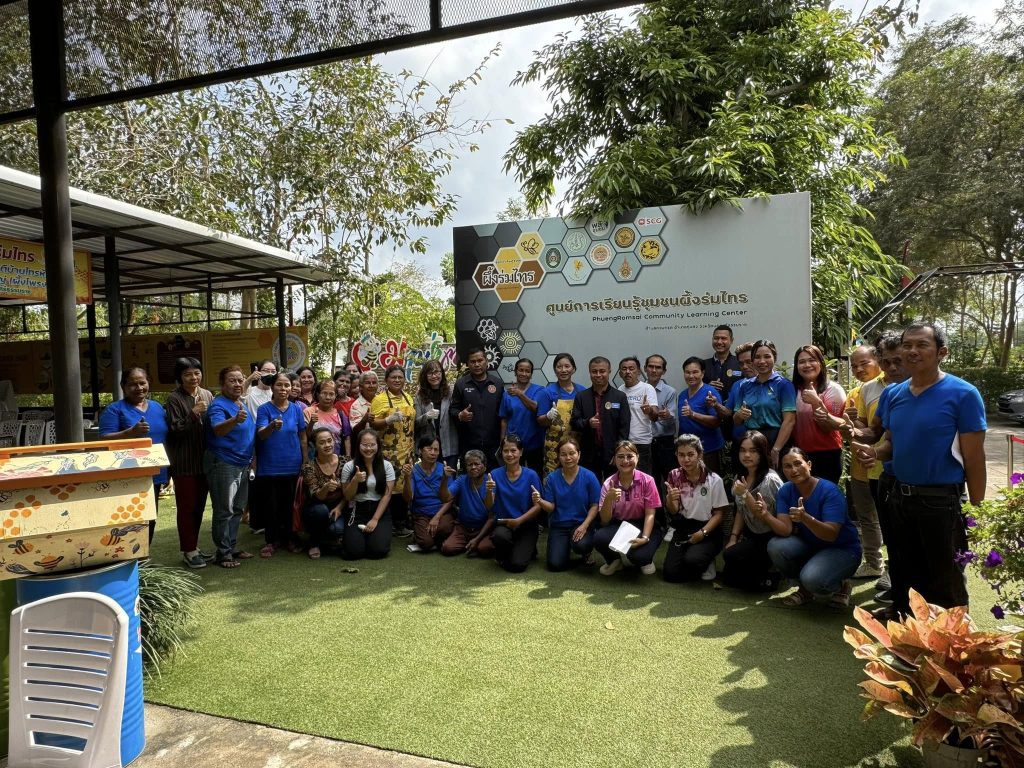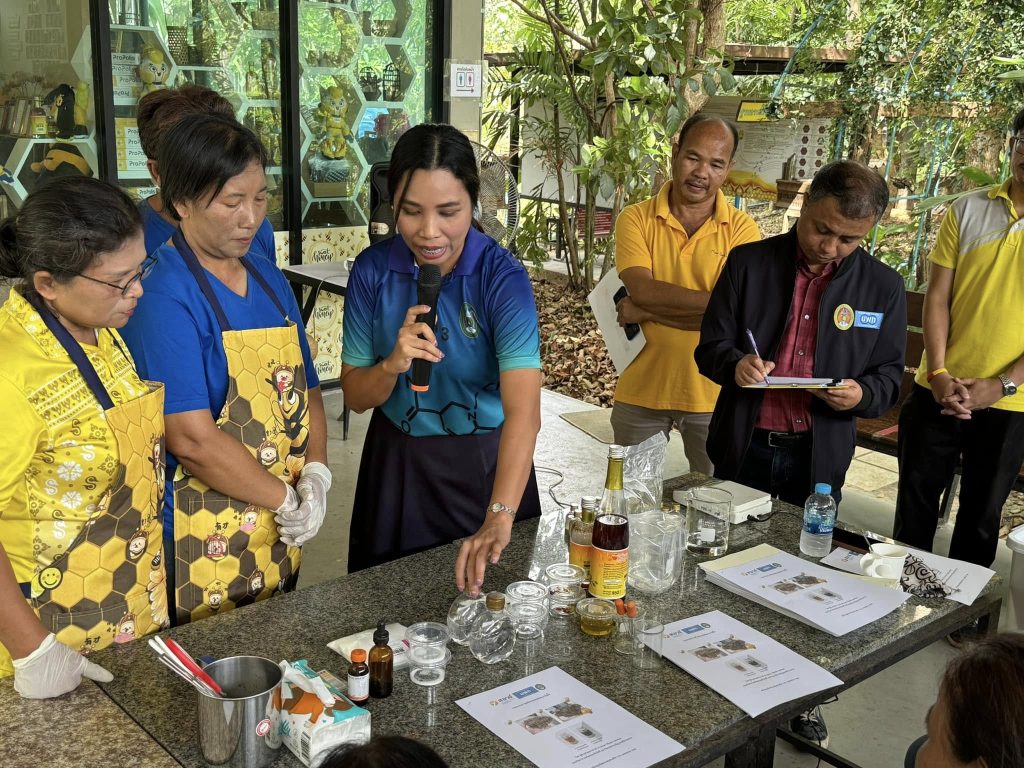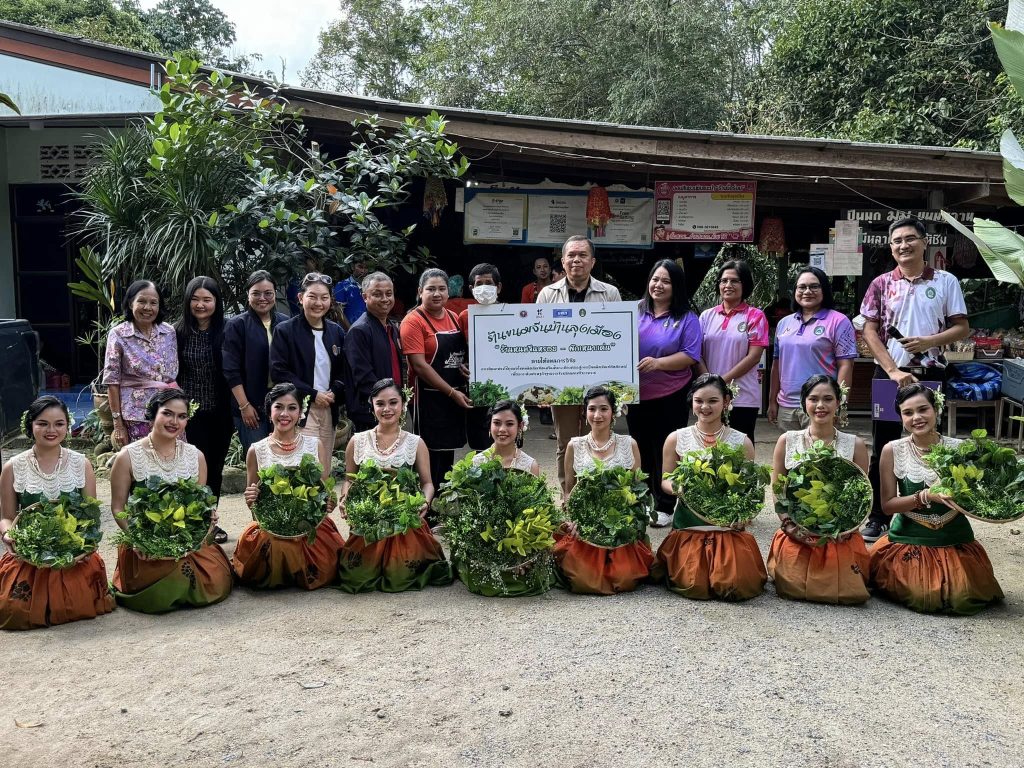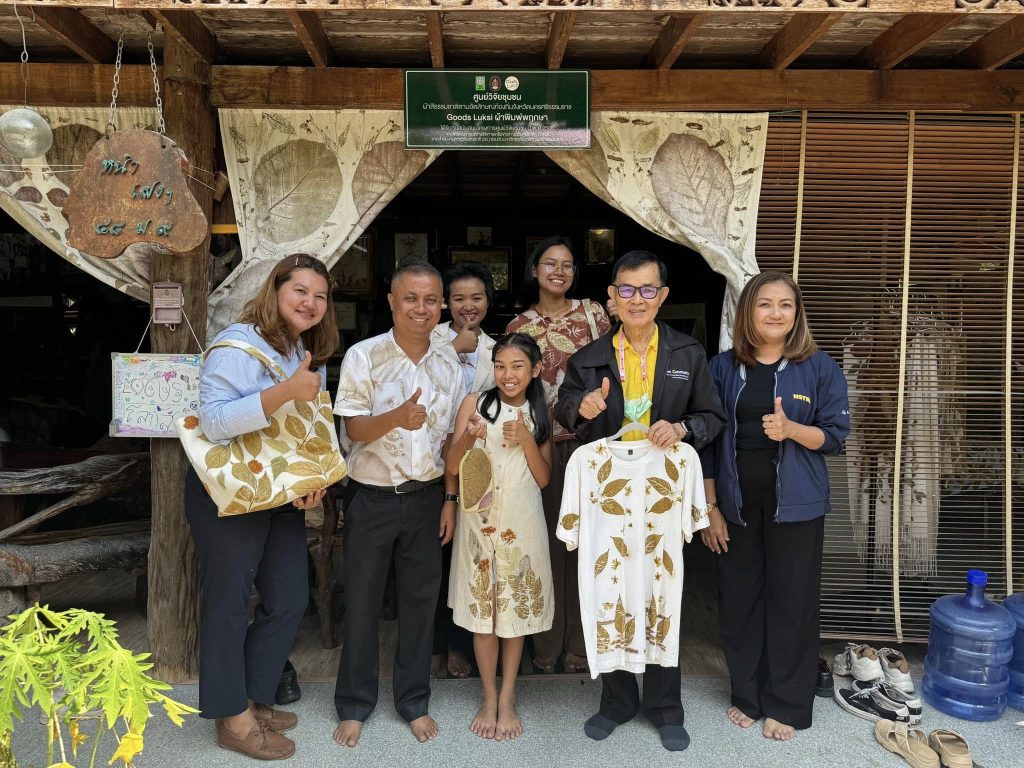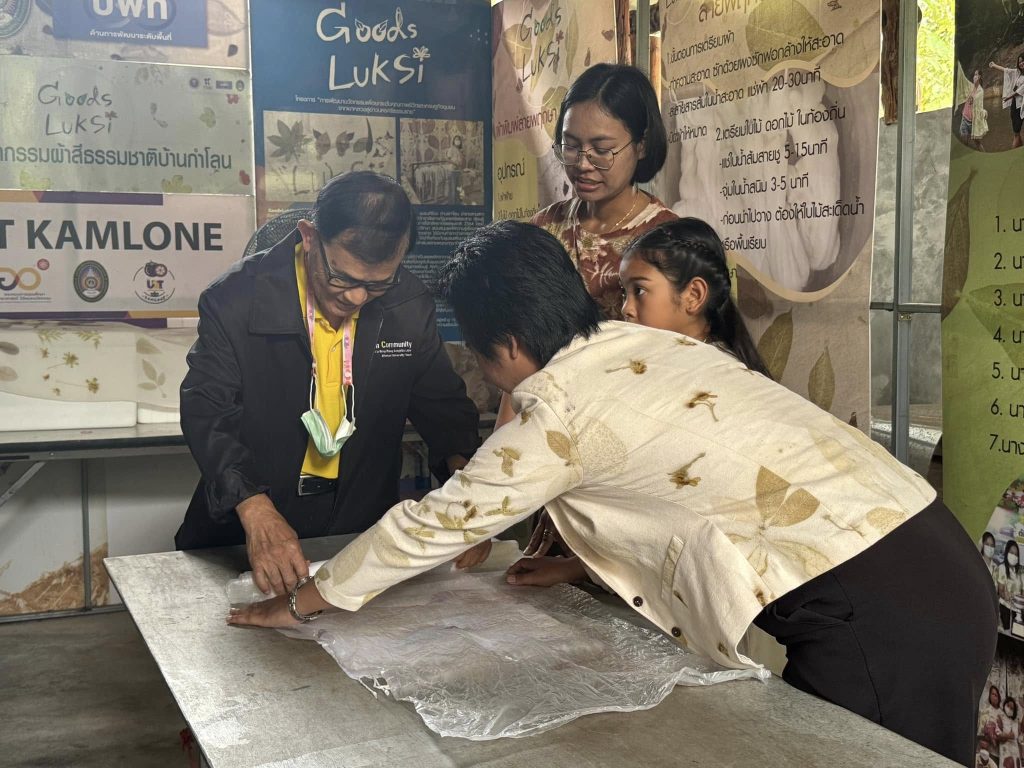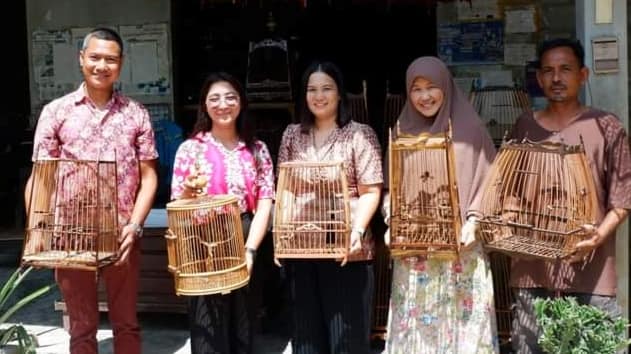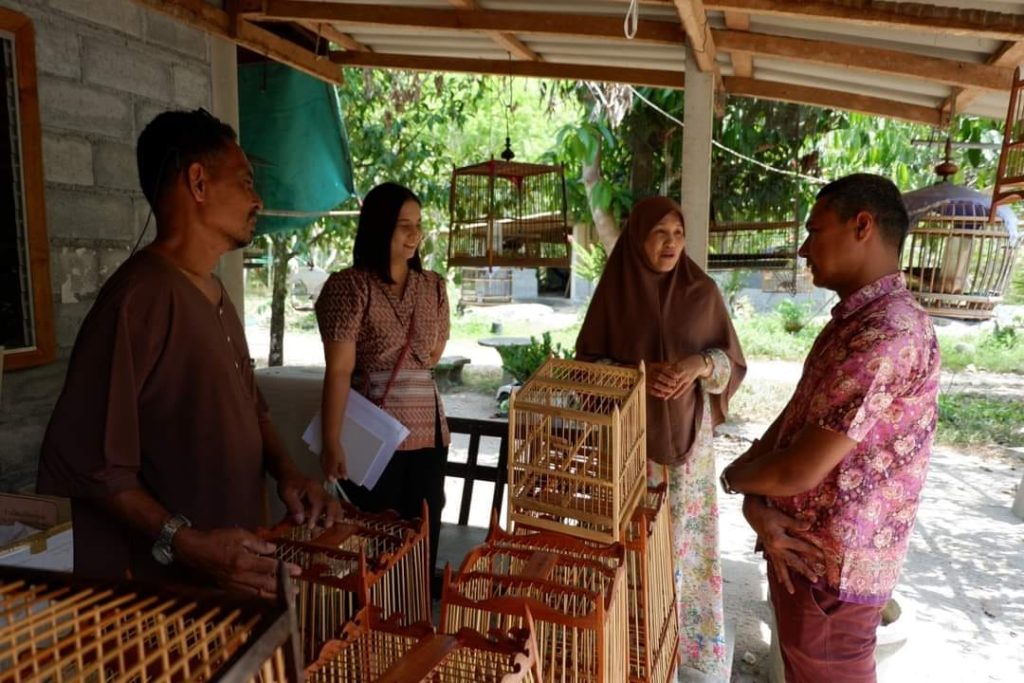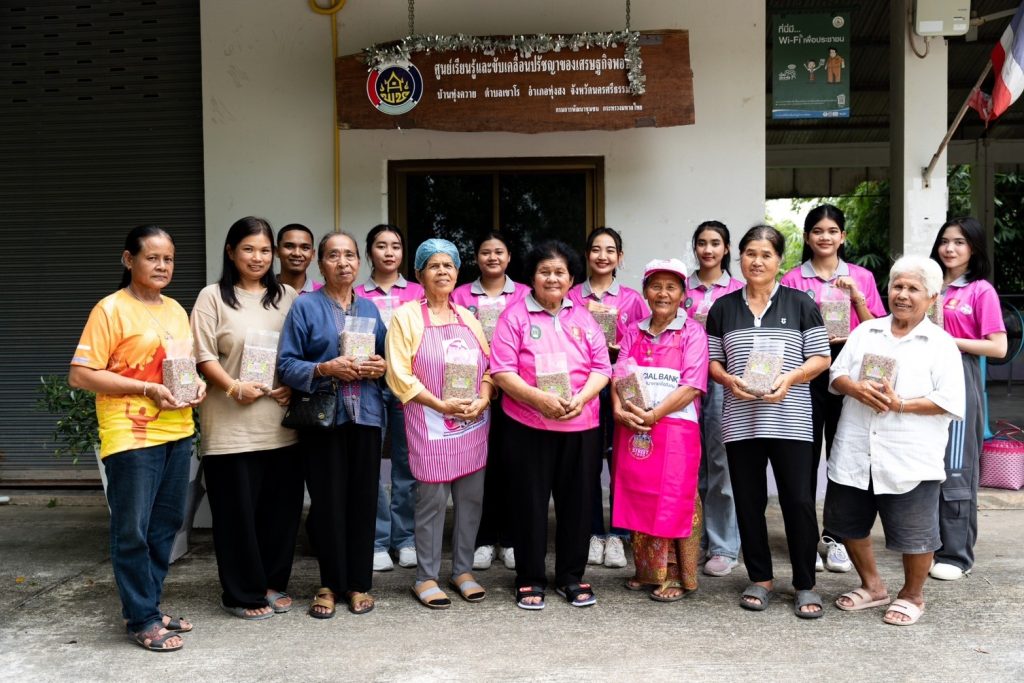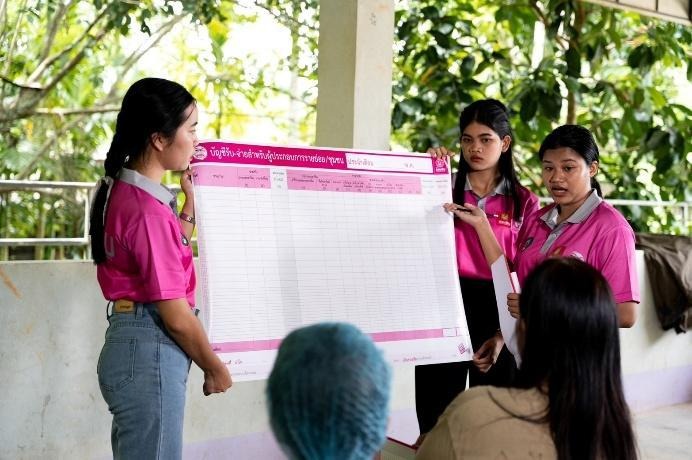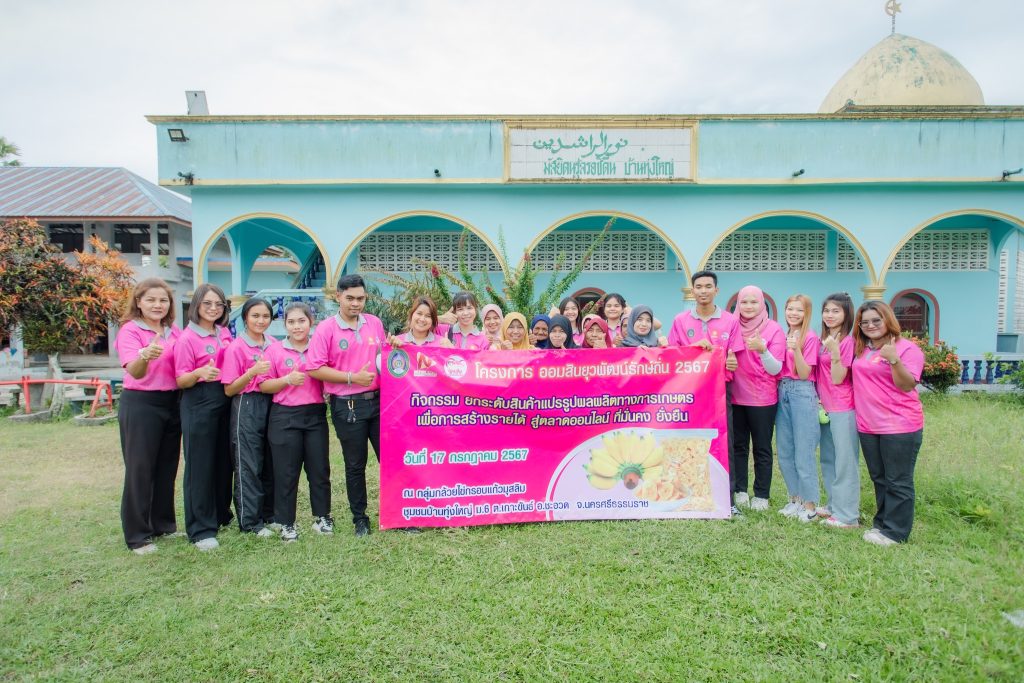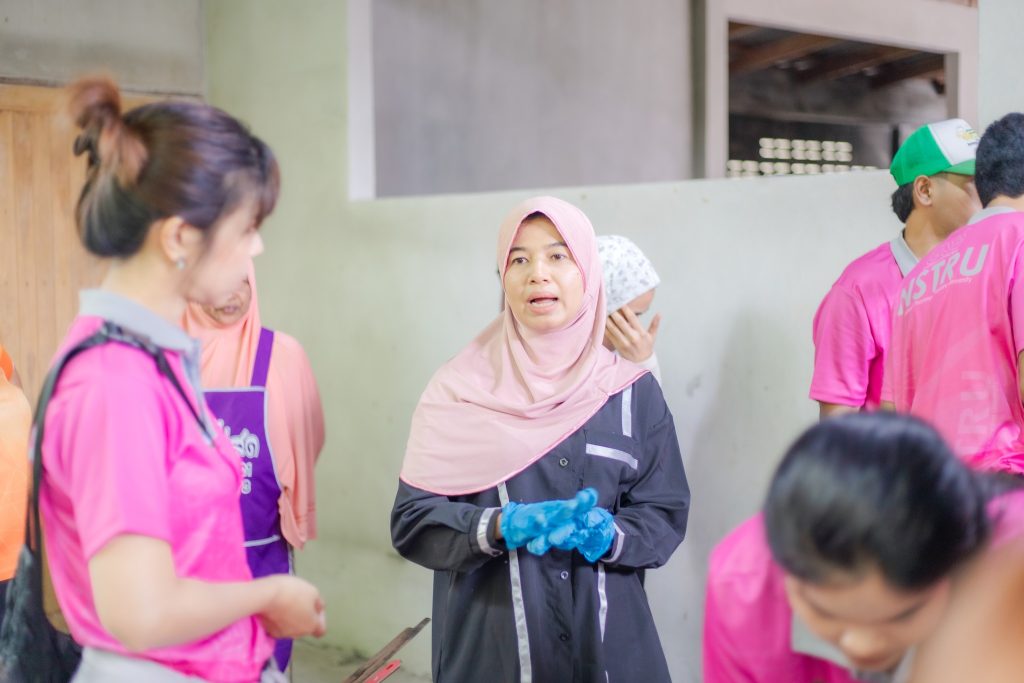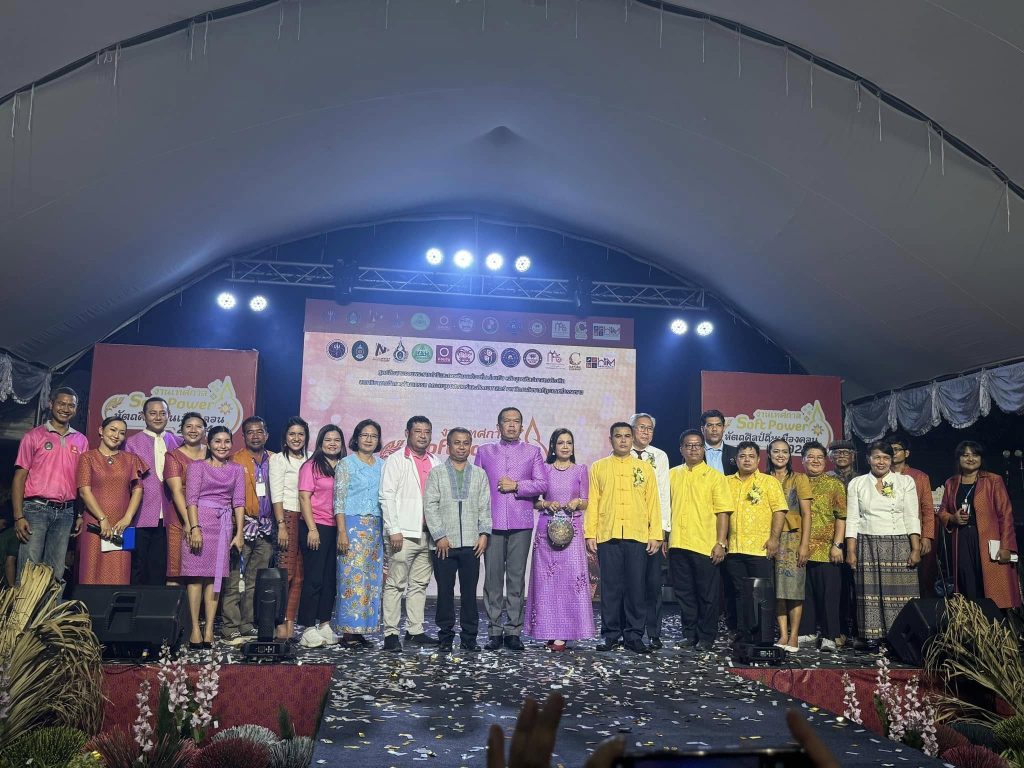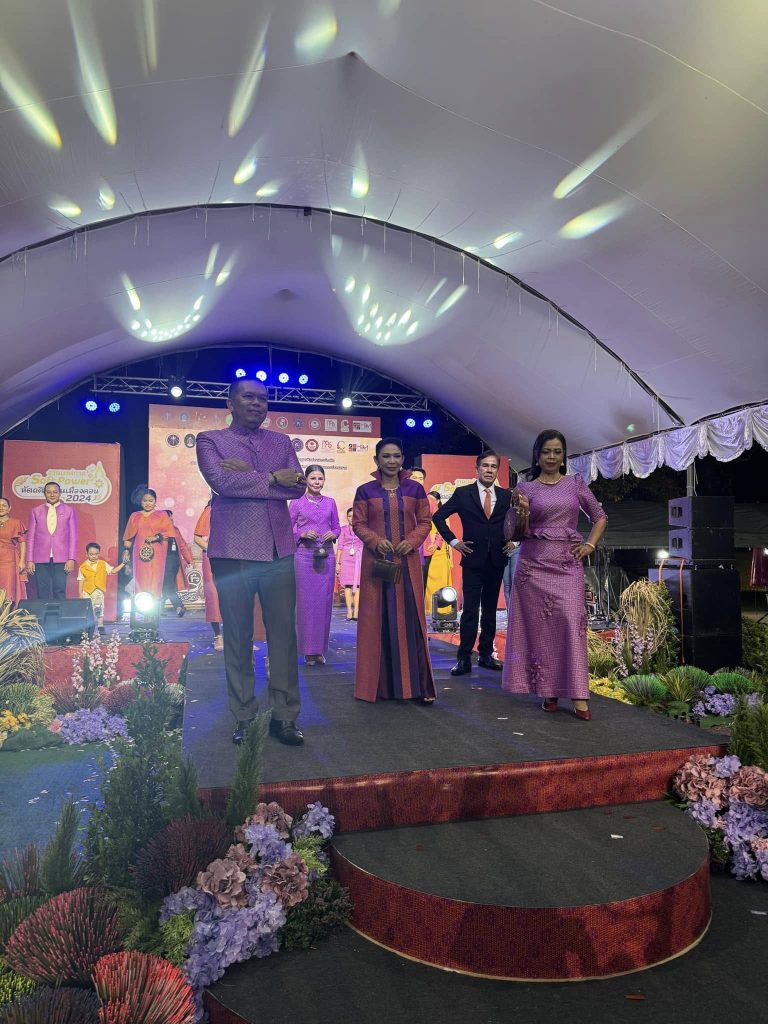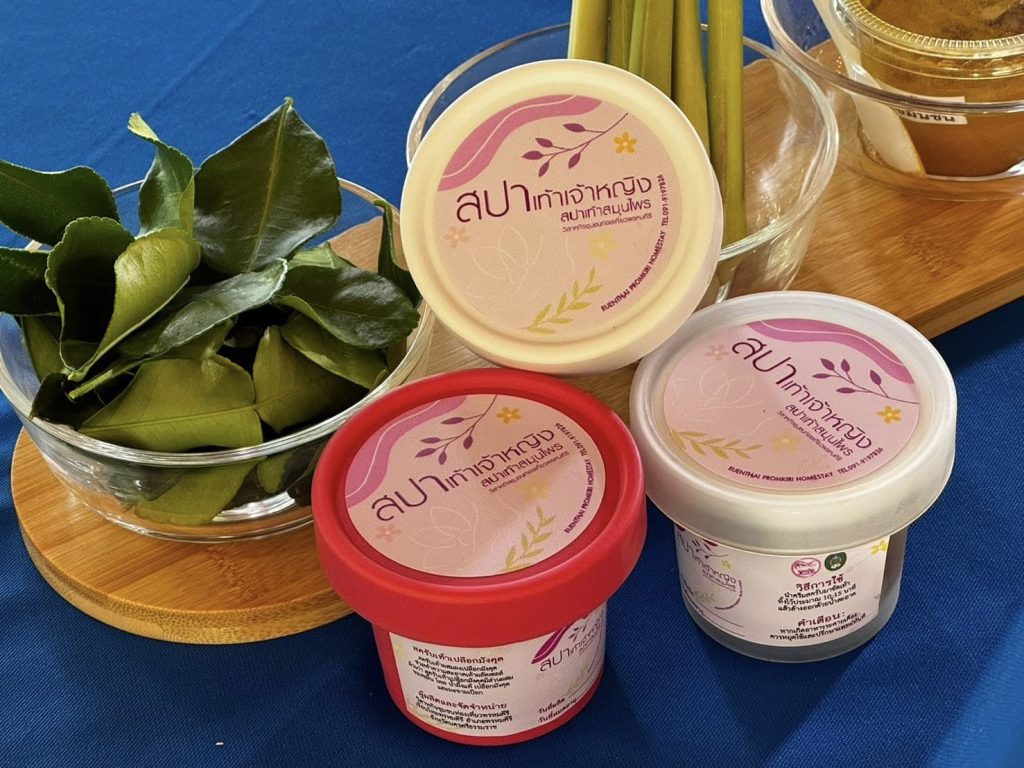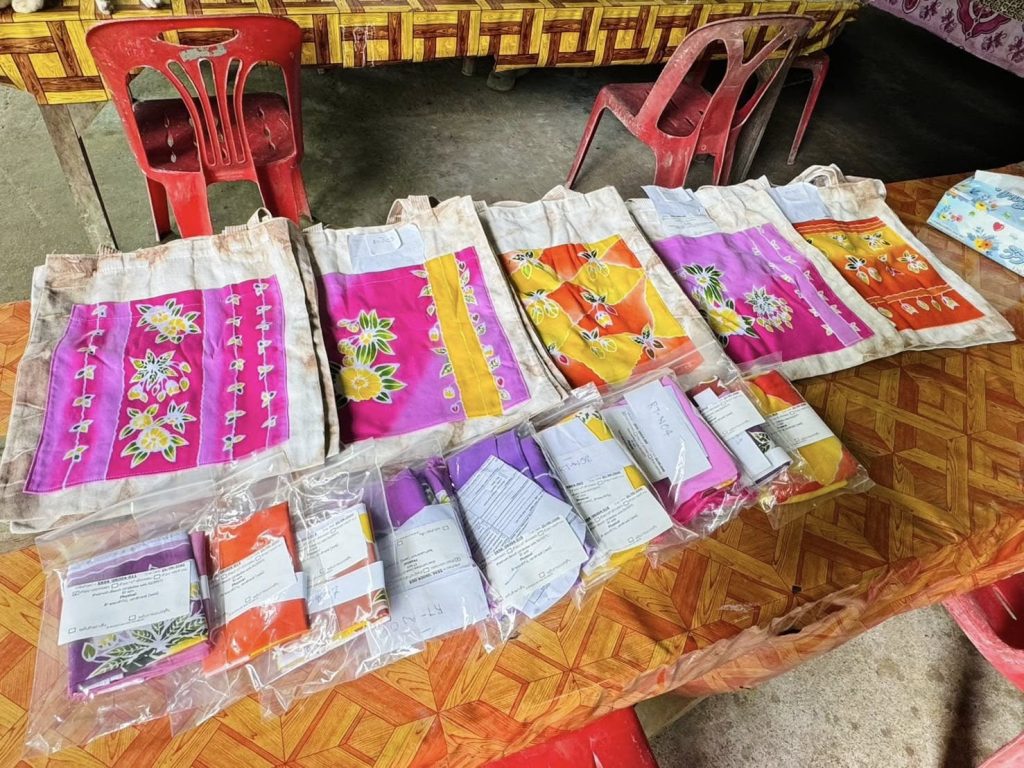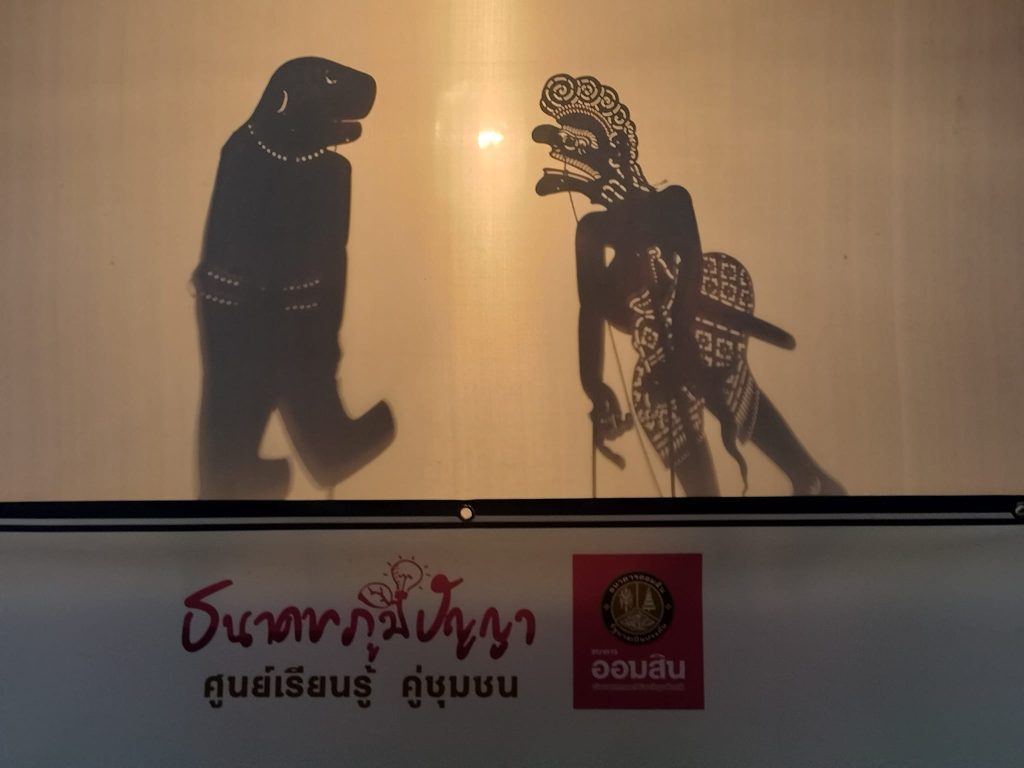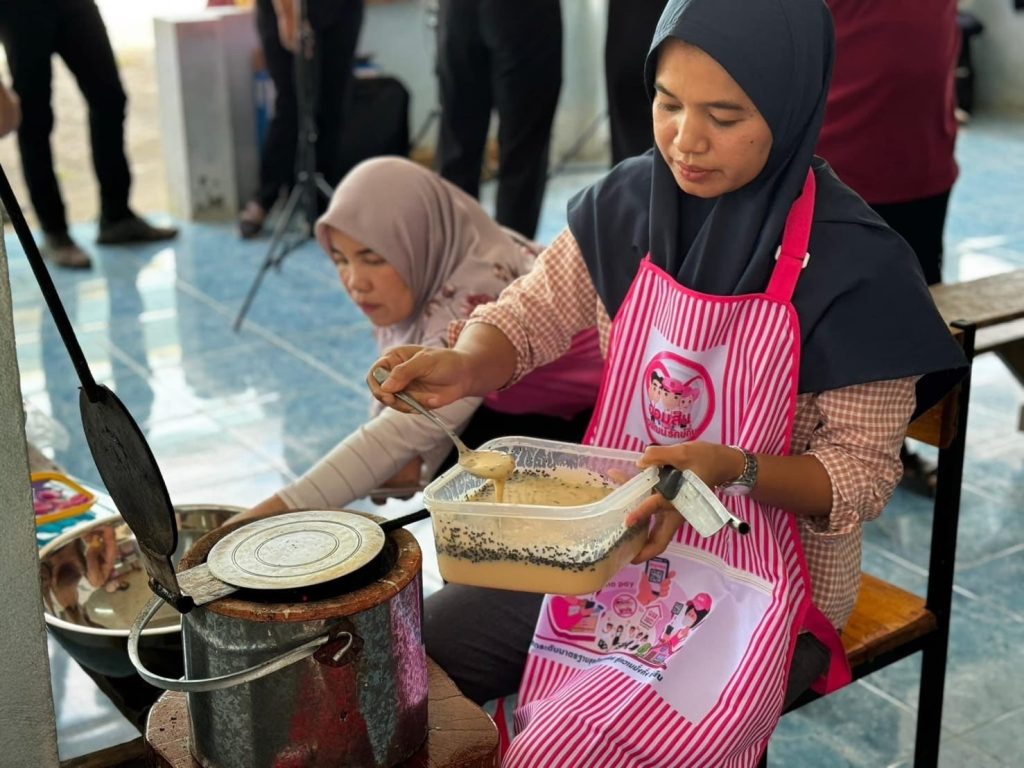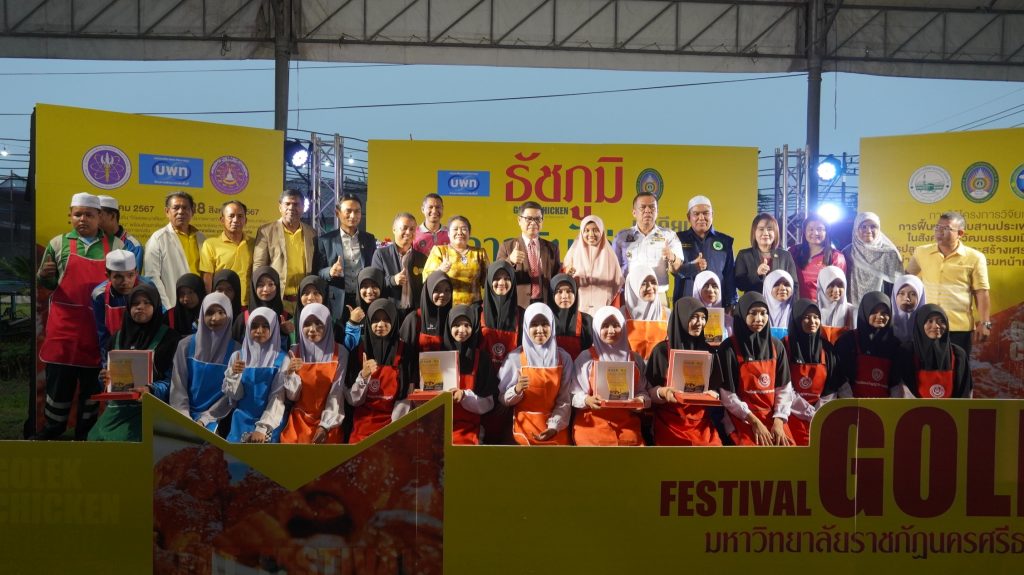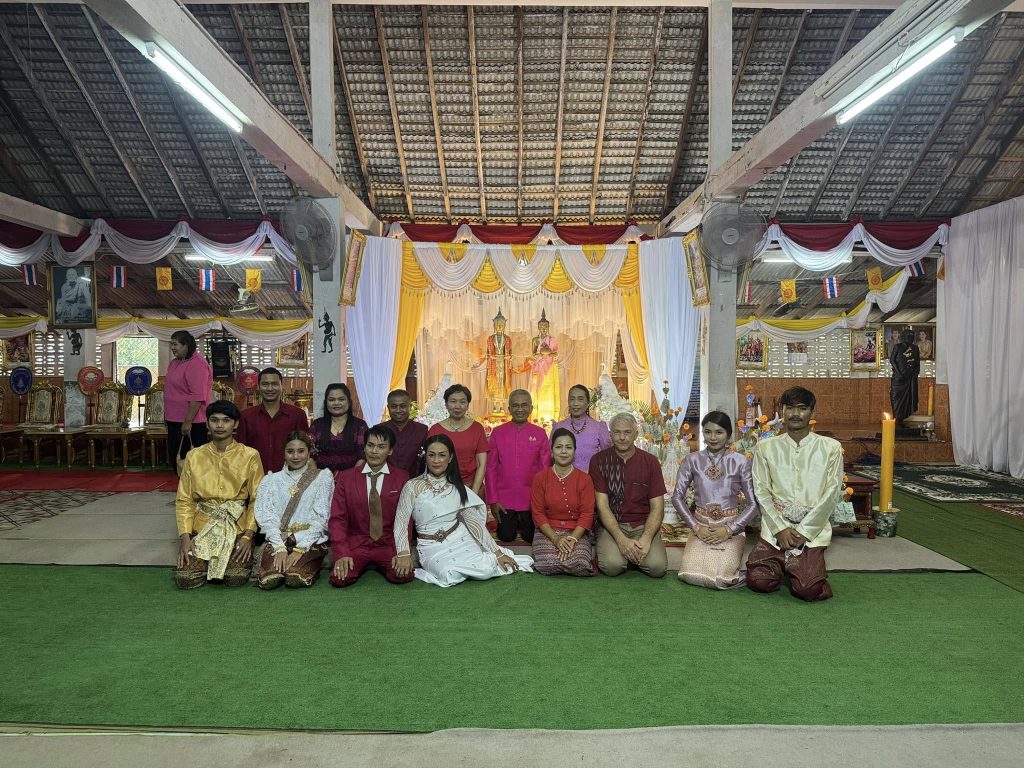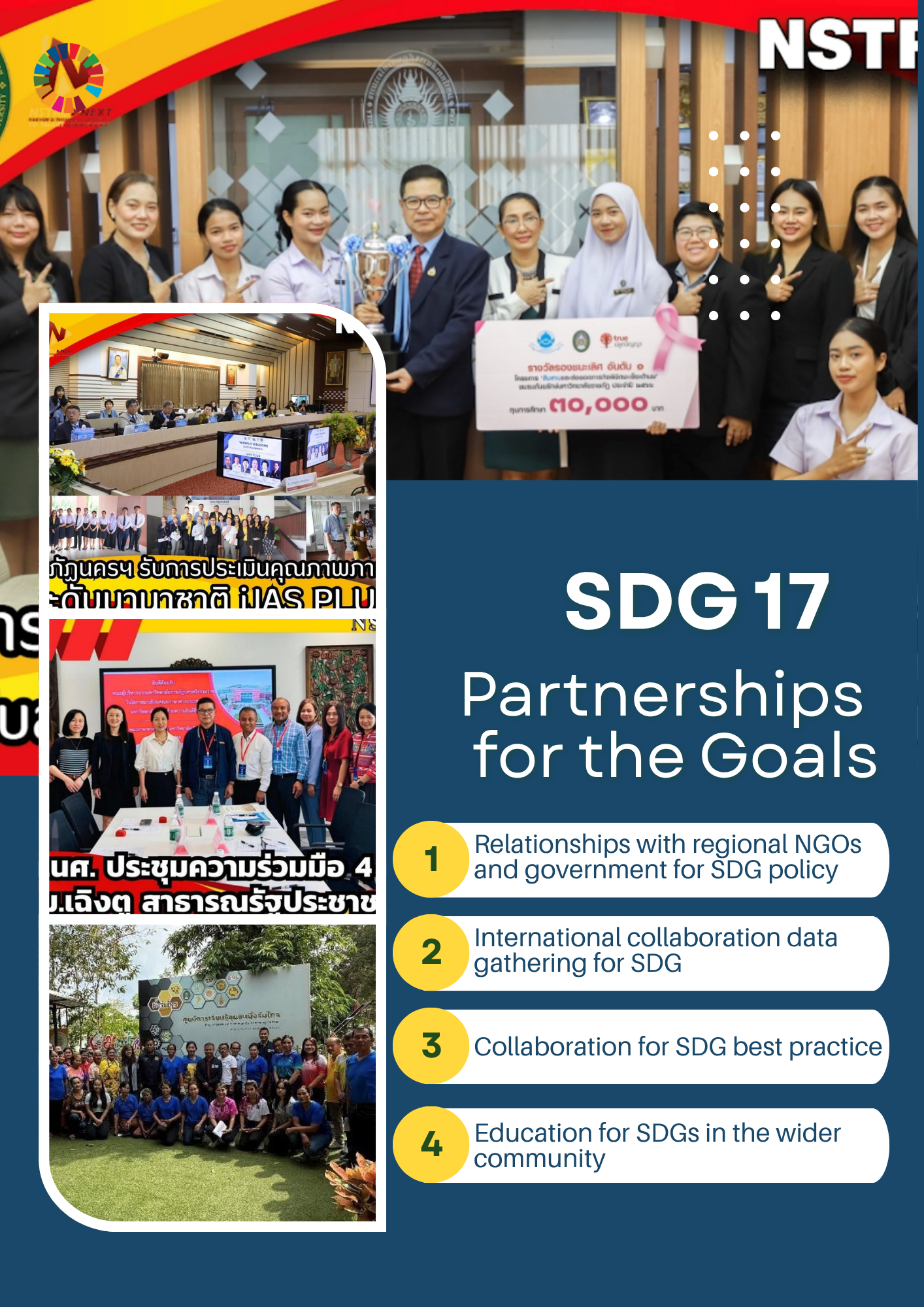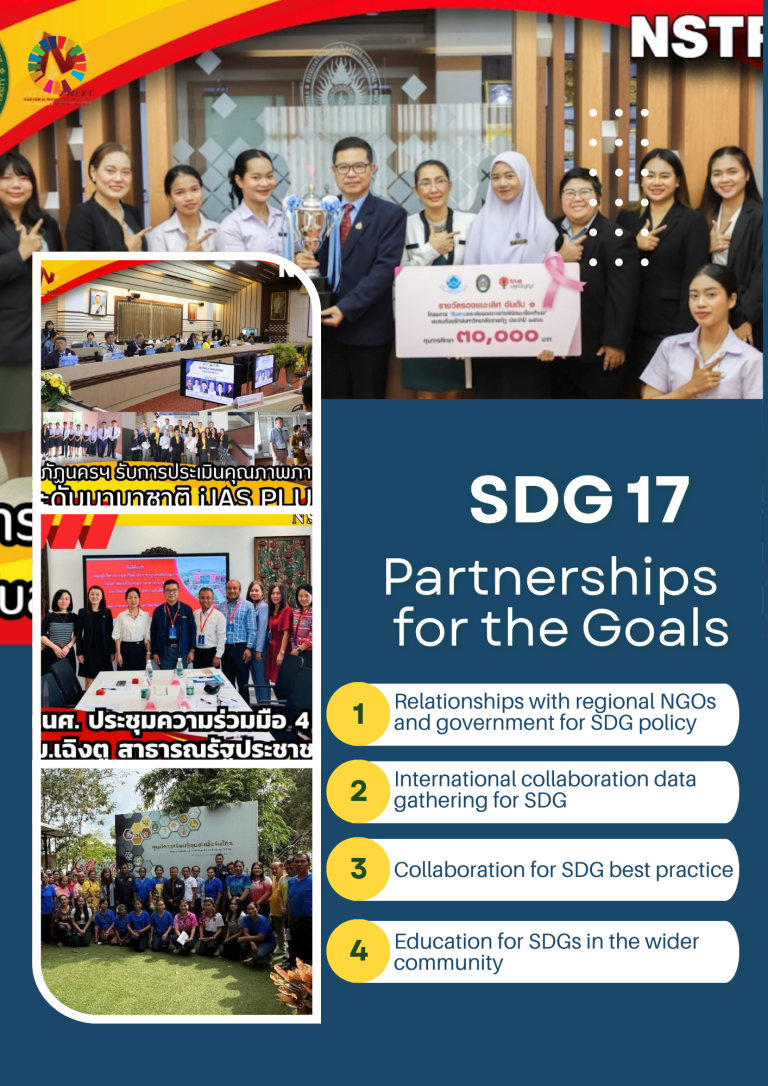Have dedicated outreach educational activities for the wider community, which could include alumni, local residents, displaced people.
Throughout 2024, Nakhon Si Thammarat Rajabhat University consistently conducted activities to transfer knowledge to the wider community. The initiative supports the advancement of Sustainable Development Goal 17, “Partnerships for the Goals,” under indicator 17.4.3, “Education for SDGs in the wider community.” The university provided platforms and opportunities for community residents, alumni, community enterprises, small entrepreneurs, and local partners. The core objectives included promoting knowledge, developing the grassroots economy, preserving local wisdom, and building strong collaborative networks between the university and the community.
The activities took place between January and December 2024, covering several districts within Nakhon Si Thammarat province. On January 14, 2024, the university shared innovations for extracting and processing propolis obtained from stingless bees with the Ban Sai Hong natural Thai beekeeping community enterprise in Thung Song district, enhancing skills for adding value to agricultural products. A project on January 20, 2024, focused on upgrading the local food business “Phak Noh – Khanom Chin Mueang Khon” to generate economic value using local food culture. A field visit on March 25, 2024, to the Good Luck Sri community research center in Ban Khiri Wong involved transferring technology for using natural dyes in local products.
Later, on April 11, 2024, the university followed up with and provided business consulting to the producer of a “bird cage spoke sharpener.” On July 2, 2024, knowledge concerning accounting and promotion for Khao Ro upland rice products was shared with the Ban Nong Khla Samakkhi community enterprise. A group of students and instructors conducted fieldwork on July 17, 2024, to develop processed agricultural products for entry to the online market. The university organized the “Soft Power: Mueang Khon Handicrafts 2024” event on August 10, 2024, to link cultural capital with the creative economy. On August 11, 2024, support was provided for developing a local herbal foot spa product to meet service standards.
On August 26, 2024, unique tie-dye and batik fabric products were developed to add value to community goods. From August 27–29, 2024, the “Thatchaphum: Na Khian Kolek Chicken Eating Festival” was held to revive a traditional custom within Mueang Khon’s multicultural society, transforming it into a mechanism for driving the grassroots economy. Regarding community market creation, the university launched the “Mueang Khon Phra That Handicraft Market” on September 7, 2024, to promote the community’s creative economy. The “Yok Khan Mak Phra Pathom” event was organized on December 14–15, 2024, to restore a local tradition through cooperation with various partners, including government agencies, private sector entities, and community organizations.
All the activities resulted from an integration of teaching, research, academic services, and local network building. The effort promoted community access to the university’s knowledge and technology while also creating value-added products and services, generating new economic opportunities, and elevating the quality of life for community members. Tangible outcomes were achieved across economic, social, and cultural domains. These results include job and income creation, the promotion of the grassroots economy, the preservation and extension of local wisdom, a strengthened sense of pride in community identity, and the establishment of sustainable cooperative networks.
The implementation of activities under SDG indicator 17.4.3 in 2024 reflects the role of Nakhon Si Thammarat Rajabhat University as a “Community Learning and Development Hub.” The university is dedicated to promoting knowledge, capabilities, and cooperation between the institution and the community. Its ultimate aim is to advance sustainable development goals at both local and national levels.
